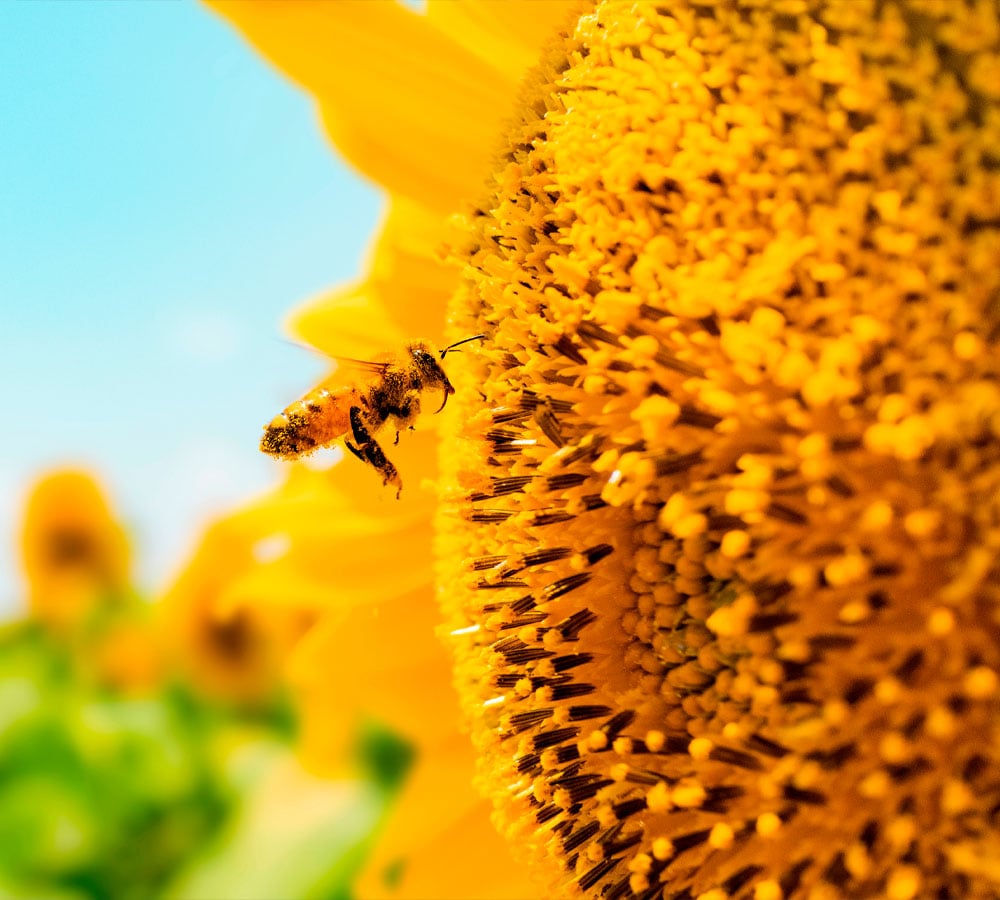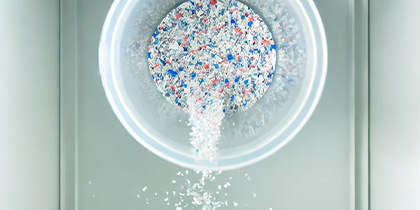Companies that manufacture or import plastic products are required to source a good portion of their raw materials from non-fossil sources. This is called the blending requirement. What exactly does it entail? What are the targets? And what challenges are involved in its implementation? In this blog, we discuss this in more detail.
What is the blending requirement for plastics?
The admixture obligation plastic means that a certain percentage of plastic must be made from materials that do not come from fossil fuels, such as oil. This can be done, for example, by using renewable or recycled materials. This is an important step in the National Circular Plastic Standard. This obligation will apply to companies that produce or import plastic products for the Dutch market. With this measure, the governments and the European Union, among others, which make and control regulations in the field of environment and sustainability, hope that the production of plastic will become more environmentally friendly and that the dependence on fossil raw materials will be reduced.
From 2027, companies must add a minimum of 15% non-fossil polymers to their products. This percentage is set by European standards at 20% by 2030. The main condition is that these polymers must be bio-based plastics or recyclate. This means that companies must actively contribute to the circular economy by using them in the production of
Objectives and importance of the blending requirement
The objectives of the plastics blending obligation are clear. First, the use of fossil raw materials must be reduced. Per kilogram of plastic produced, this means on average up to 2.5 kilograms less CO2 emissions. This is because production and raw material extraction cause fewer CO2 emissions. This also reduces the amount of plastic that is eventually incinerated, which also has a positive impact on the environment.
This obligation is part of broader efforts to promote the circular economy. The use of recycled and bio-based plastics reduces the demand for "virgin plastics. This contributes to the goal of the National Circular Plastic Standard to achieve a more sustainable supply chain.
Competitive position of the Dutch and Belgian plastics industry
.This obligation has implications for the competitive position of the Dutch plastics industry. Dutch recyclers are struggling due to competition with cheaper virgin plastics. Virgin plastics are in some cases up to four times cheaper than renewable or recycled materials. It is impossible to stay competitive, leading to bankruptcy like Umincorp among others and a shortage of recycled plastics by 2027.
The Dutch and Belgian plastics industry therefore has a weaker competitive position against foreign producers, especially from Asia. These producers often operate with lower costs and greater availability of non-fossil plastics. Critics warn that this obligation could cause financial problems for Dutch and Belgian companies producing, for example, garbage bags or food packaging.
The leading role of the Netherlands and Belgium
Despite these challenges, the obligation also offers opportunities. The Netherlands wants to become a leader in the circular economy. This can provide competitive advantages in the long term due to the accumulated knowledge and experience. The Netherlands has the potential to be an example for other countries. However, the question is whether the market will be ready in time, as more plastic will need to be collected and processed to meet future demand.
There are also concerns about unfair competition from imports of inferior recycled material from other regions with less strict regulations. This could undermine the efforts of Dutch companies and distort the market.
Belgium, alongside the Netherlands, is also playing an active role in the transition to a circular economy, but the approach differs somewhat. Belgium has ambitious recycling and sustainable production goals, especially within the three regions (Flanders, Wallonia, and Brussels), each of which has its own environmental policy. Belgium is committed to stricter recycling standards and innovative technologies to produce high-quality recycled materials, which limits competition in this area.
There is concern, however, about low-quality recycled plastic imports from countries with less stringent regulations. Belgian companies are therefore increasingly focusing on closing local material streams and promoting high-quality recycling to remain competitive and avoid unfair competition.
Support from governments
Luckily, governments in both the Netherlands, Belgium and at the EU level are offering help to companies struggling with the plastic admixture obligation. Companies in the Netherlands can receive subsidies from the Climate Fund, for example for the production and sorting of plastic waste. Various support measures are also available in Belgium, including subsidies from regional governments, to comply with these regulations. The EU is strengthening financial support through the Green Deal and Horizon Europe programs to encourage the transition to bio-based and recycled plastics.
The grants are designed to help companies make the necessary investments to transition to bio-based and recycled plastics. This may mean, for example, that companies need to purchase new machinery, redesign their production lines or implement innovative technologies to meet the requirements. The financial support from Dutch, Belgian and European governments relieves the pressure on those companies so they can contribute more effectively to reducing plastic waste and meeting climate goals.
Challenges in transition
There are several challenges posed by this transition to bio-based and recycled plastics. We list the main ones:
- The limited supply of bio-based plastics: Compared to traditional plastics, the supply of bio-based plastics is relatively small. This limited supply, combined with increasing demand, means that processors can often only use a limited amount of bio-based materials.
- Quality constraints for high-value applications: Particularly in applications where high quality requirements apply, such as in building, construction and engineering plastics (e.g., in electronics and the automotive industry), producers and processors experience difficulties in finding suitable mechanical recyclate.
- Competition for available recyclate: Increased demand for both bio-based and recycled plastics, combined with limited supply, is expected to intensify competition for these raw materials. This may lead to higher costs and uncertainty about the availability of materials.
- Production line reform: Some bio-based plastics or recyclates require different production techniques and thus different or new machinery.
- Certification: A major sticking point is that once a processor seeks certification for material from a specific supplier, dependence on that supplier increases. For bio-based plastics, certification is sometimes not feasible due to the difficulty of ensuring the origin of materials in the required manner.
- Legal quality requirements: Due to the change in composition of substances in products, legal requirements must be considered.
-
Customer requirements: Changing composition of products can create unevenness in production that makes customers less inclined to purchase these products.
Milgro as a partner
.Milgro actively monitors laws and regulations and offers support to companies affected by the plastic blending obligation. Our expertise helps companies optimize their waste processes and comply with the new regulations. In this, we provide tailored advice and offer collaborations with our partners, enabling them to operate more sustainably without reducing their competitiveness.
Stay informed
.Do you want to know more about the plastic blending obligation or are you curious about what Milgro can do for your operations and waste process? Then sign up for our newsletter and follow us on LinkedIn and Instagram to stay up to date on the latest developments and trends. Please contact us for a free consultation and discover how we can create a sustainable future together.













